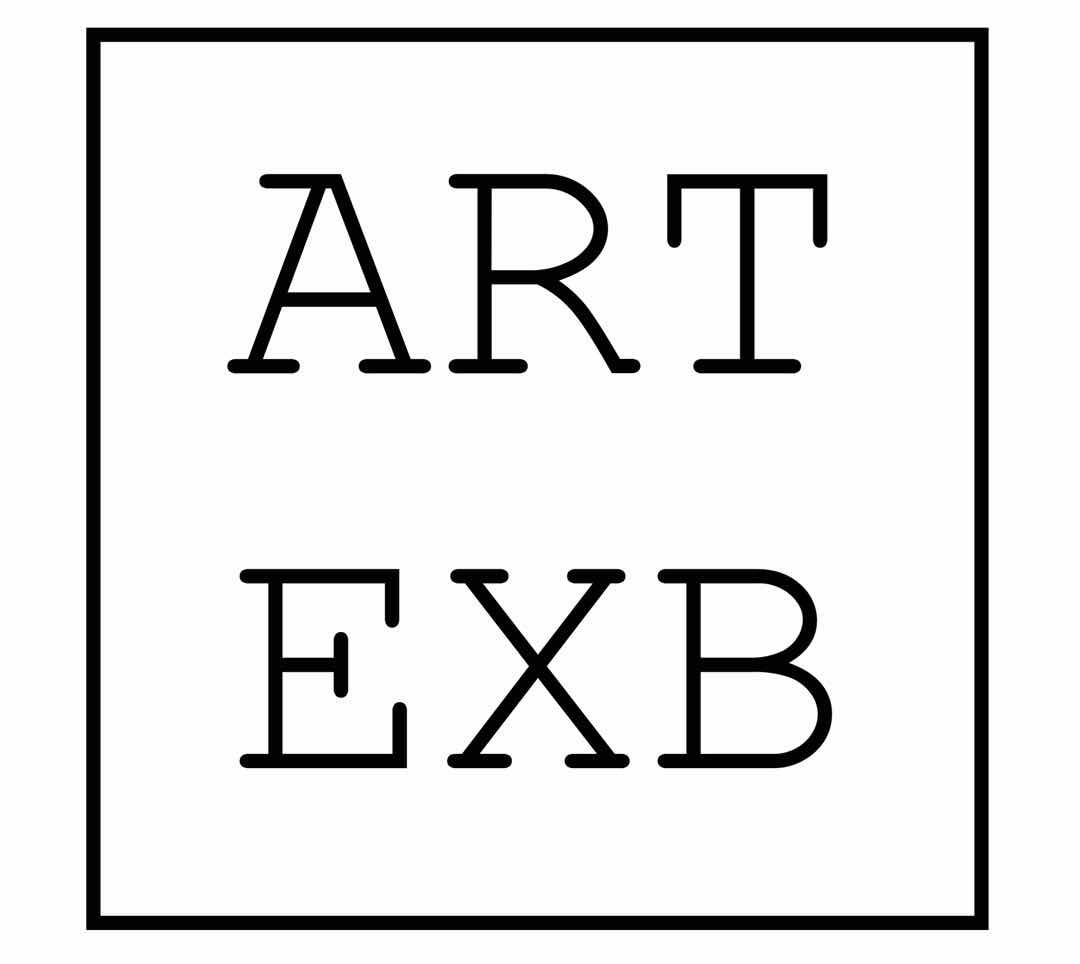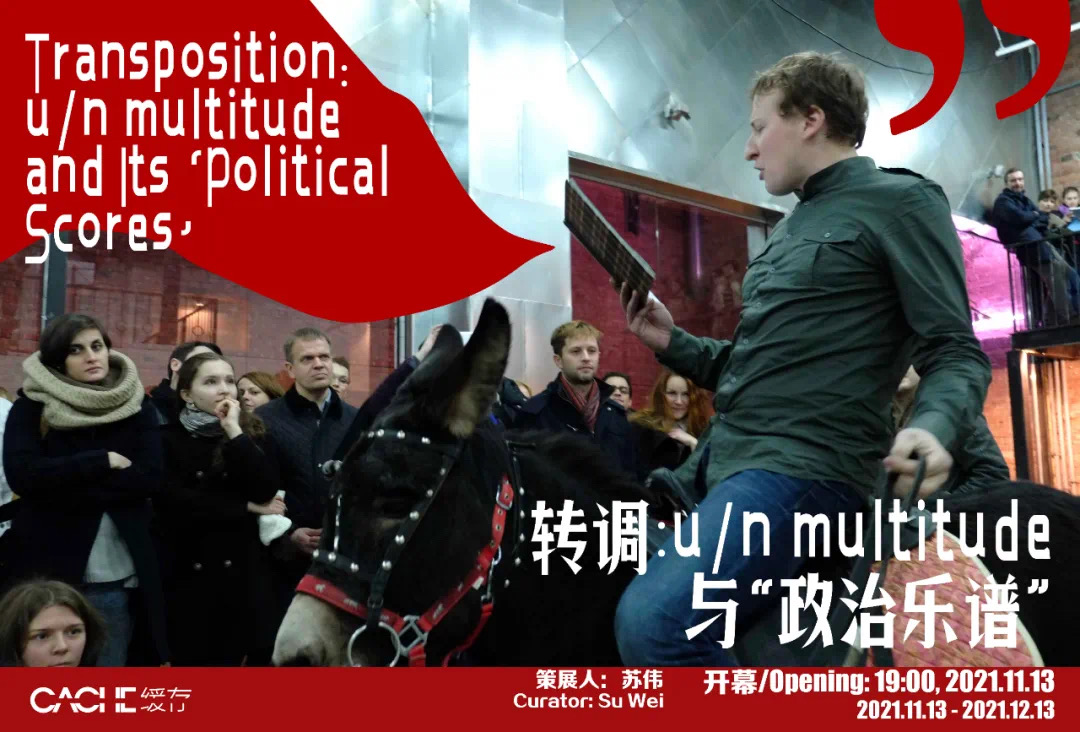It is nowadays a common practice for us to shun tanks for their brutality, or to cunningly refuse any practical reflections on today’s stifling situation in the name of “no direct confrontation”. This is disturbing, as we will gradually lose the acuity to blast from within as well as miss the opportunity to reflect on the relationship between our own historical movements and the radical globalist imagination.
The Russian art group u/n multitude, founded in 2014, responds to this situation with their practice. With the global rise of populism and conservatism, Russia’s internal context took a sharp turn for the worse after the Crimean crisis in 2014, as the room for free speech rapidly disappeared. u/n multitude was born at this moment: a group of music historians and artists who creatively combine denunciation / censorship / surveillance / asinine mass, etc. – all overwhelming themes in today’s art – into an open musical / political practice.
Through four pieces of work, this exhibition presents the practice of u/n multitude, a group active in Russia and internationally. Their practice has been centered on the concept of “political scores” since 2014. u/n multitude work with the Soviet Union or Russian political events by braiding them into musical arrangements and live performances, hence the creation of an open, multifaceted musical scene. What constitutes this musical scene is no longer merely what is acoustic and temporal, but a metaphorical real-life genre of composition: here music becomes political, and emphasizes on polytonality, structure and internal conflicts. By being political, we mean first of all the tension when we put artists, the audience, artistic creation and its political context into a musical scene, and when the binaries of art/politics, audience/performer, observer/participant, creation/its time, etc. are at once rearranged and dissolved. In so doing, the traumatic events of collectivism are reinscribed into the different layers of reality. The audience and performers, through their emotional co-presence, jointly complete a critical narrative of the present.
In the practice of u/n multitude, the “political scores” also refer to the organization of everyday life and the disciplinary protocols that govern individuals. Both these facets are present not only in the similar political histories of China and Russia, but also as a shared reality in the “repoliticized” contexts of both places in the present moment. This has created a split personality that can be seen everywhere: for us or for them? A certain ironic contemporaneity emerges here, and hints at the ways in which we might engage in a practice of confronting limits. Here, u/n multitude presents us with a double-faceted thematic variation of danger and potential, here and nowhere.

